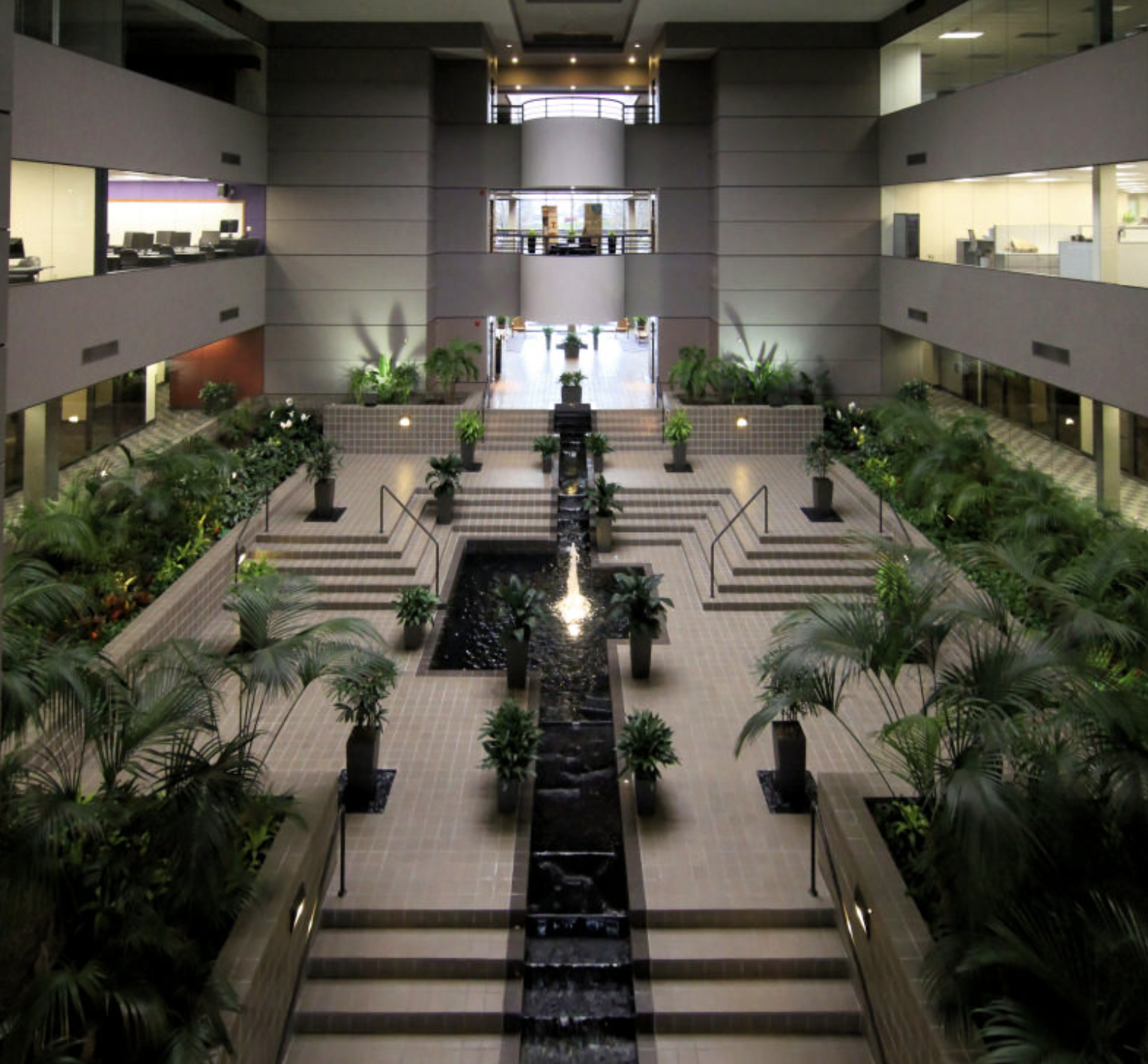‘Engage and Listen’ session results showcase overarching concerns
BY: JACOB POLITTE
Managing Editor
“Throughout April and May of 2023, the STLCC HR and marketing and communications teams hosted 18 Engage and Listen Initiative sessions – with over 150 employees participating – to collect key employee engagement and workplace experience feedback that will inform STLCC’s go-forward communications approach and, as a result, fuel its ability to accomplish the following objectives.”
This is the opening paragraph to a document released by STLCC that shares the results of the Engage and Listen sessions during the Spring 2023 semester. The document reveals exactly what was said by those surveyed during the sessions held this past spring. The report highlights both the good and bad amongst the various STLCC campuses on every level. The only campuses not surveyed were satellite campuses, the South County Education Center and the Harrison Education Center.
Positive Anecdotes
The report highlighted some positive aspects of STLCC, including positive relationships with students and positive relationships with other colleagues.
One anecdote said, “What makes me happy to work here is who we work with. And we have a place in the community. The people I work with is something that is working well. Another said, “[I have] wonderful colleagues in my department. They care about students. We have some great people to work with.
An anonymous administrator or manager said, “I think if you ask people if they love what they do, I think you will get 90% say they love what they do. I think people here are fabulous and we have good student-level boots on the ground. Staff members go above and beyond to help students.”
Overarching Concerns
Throughout the various sessions, many participants say they lacked trust in leadership, in various college processes, and in some cases, working with other colleagues. Many participants attributed their lack of trust to the lack of respect they receive. Many also expressed that they want to be better engaged in the decision-making process. This would be through methods such as providing feedback to help inform decisions, something many participants don’t think is being taken seriously.
One anecdote said “It feels like decisions are often made without consulting with the staff who are responsible for executing the work. Senior leaders push directives without a strong understanding of how they’ll be implemented.” Another said, “Why doesn’t [the] administration meet with us? They don’t get our input. Changes happen without our say.”
Multiple anecdotes repeat this recurring theme, such as one that said, “The survey comes off as a waste of time and nothing will come with it – how will we know our suggestions are considered and any action taken? People need to feel like they are being listened to.”
Among other overarching concerns highlighted in the report, session participants expressed concerns about the potential for career development, employee turnover and a perceived lack of appreciation from those in the college administration.
In addition to overarching concerns that were highlighted, campus specific concerns were highlighted in great detail as well.

Meramec
Compared to specific concerns at other campuses, Meramec seems to be the calmest of the bunch, with a major theme among participants being the desire for a greater sense of community at the Meramec campus. Some session participants expressed that they felt as if the campus didn’t foster as many personal connections as the other campuses did, but countered that a way to increase that is by hosting more community events.
With that said, space at Meramec is about to become limited as the demolition phase of “STLCC Transformed” begins shortly. Meramec is slated to have the most demolition projects among any of the campuses, with all but one of the buildings (Social Sciences) along Big Bend scheduled to come down first.

Forest Park
The report reveals that many participants from this campus said they felt overworked and that they lack the resources to do an effective job in their roles.
“Faculty (and probably staff too) feel squeezed to do the things that need to get done. We don’t have enough time in our schedule,” one anecdote said. “Students are less prepared. We have more demands, and our resources are decreasing. And we’re not given any time to make up the difference. We have more work to do other than work with students.”
Another anecdote said “There’s less time for creativity in our jobs. We don’t have time to think because we’re always trying to just get done what needs to get done. This is a change from 15 years ago. I don’t have time to think of new ideas.”

Florissant Valley
Most participants from Florissant Valley felt that the campus is consistently undervalued by the college, with one anecdote saying that “the lack of support is obvious” and that they feel that students attending that campus aren’t viewed as important compared to students on other campuses.
A key anecdote states, “It shouldn’t feel like our campus is being treated like a stepchild. While other campuses have a plethora of things, we can’t get a roof fixed. You say we are one, but are we?”
Some session participants expressed concerns about racism on the campus, although the report largely didn’t comment on that faucet. An anecdote in this section says “It’s appalling that the administration hasn’t addressed the racist comment in the [Best Place To Work] survey,” which referred to provocative comments made by an anonymous Meramec faculty member on page three of that survey.

Wildwood
Wildwood is the smallest major campus at STLCC, but even so, it appears some trust issues are prevalent there.
Many session participants desire “breaking down silos” and more connectivity and trust amongst themselves and the campus and college leadership. The report alleges that there is a strong disconnect between campus faculty and senior leaders.
“Senior leaders don’t try to get to know who is on the ground, doing the work,” one comment said. “Their indifference towards us is reciprocated because of their inaction.”
Another comment alleges a lack of trust between those two groups.
“Senior leaders don’t seem to embrace new ideas or encourage interdepartmental communication,” one anecdote says. “This seems to be due to factions in the upper levels of the leadership team.
It was noted that there is a consistent effort to strengthen connections on the campus like the Wildwood Campus picnic, but it’s alleged that funding is not allocated for that event and is thus a burden for employees to host and organize.

Corporate College
According to the report, many of the participants from the campus expressed concerns with the lack of personal connections within the Corporate College campus and the lack of connection that the Corporate College itself has with the other campuses.
Regarding the former issue, one bolded comment in the ancedotes section stands out: “We call each other on Teams rather than walking down the hall to talk to each other.”
They feel that trust and engagement is missing. And regarding the latter issue, one comment expresses that moving to online learning makes campuses feel empty, leading to the feeling of dissociation from the other campuses.
As of press time, all parties that were approached to be interviewed for this piece declined to comment. To view the full report, scan the QR code below.













